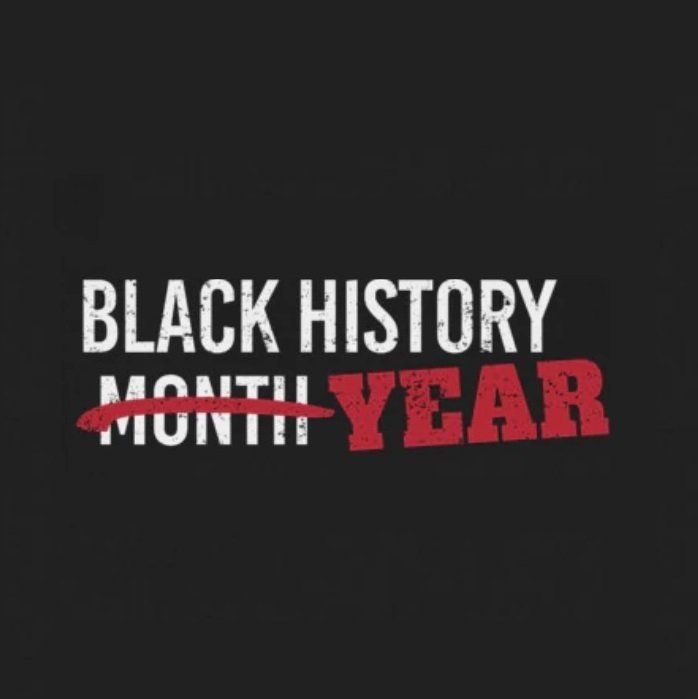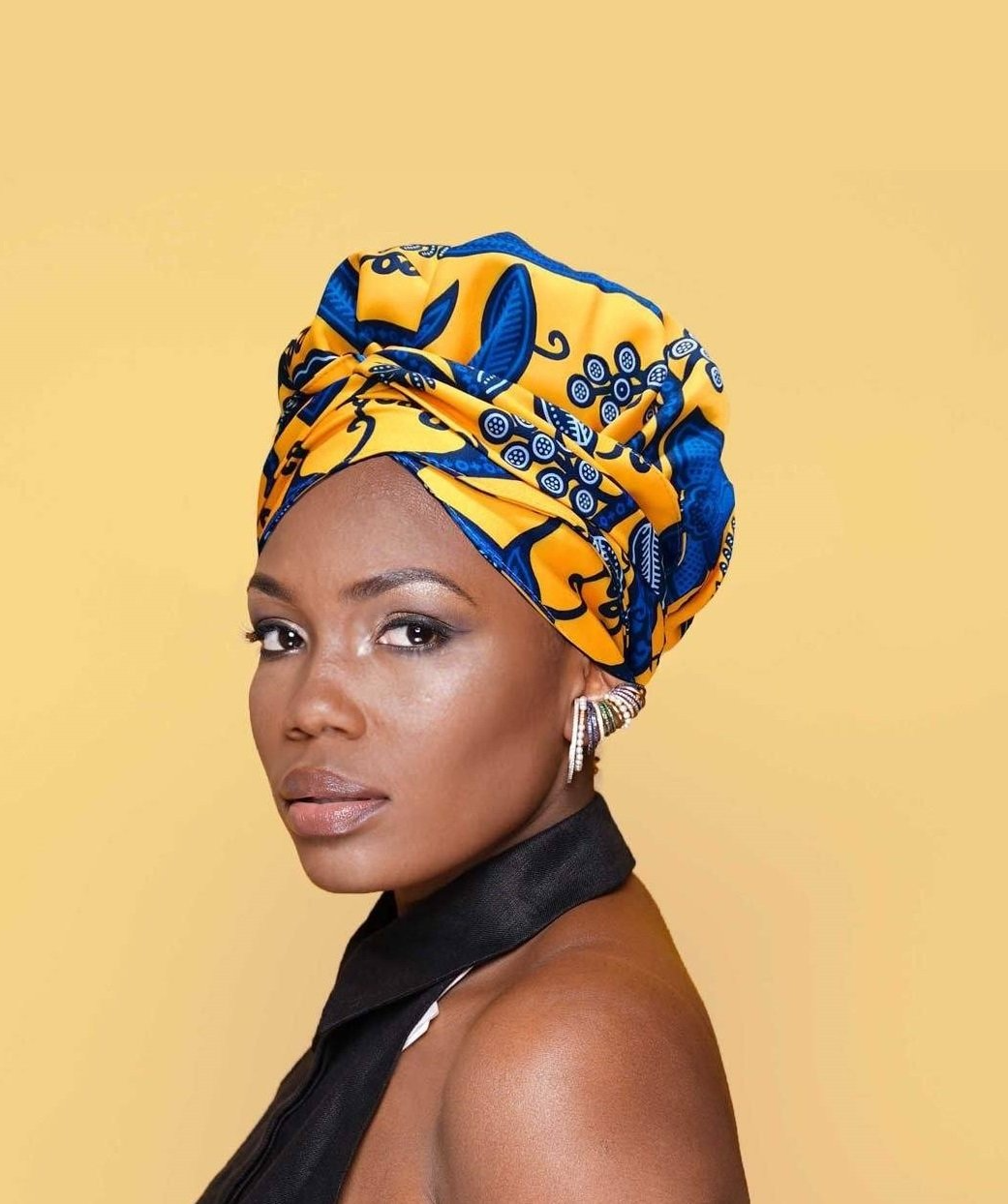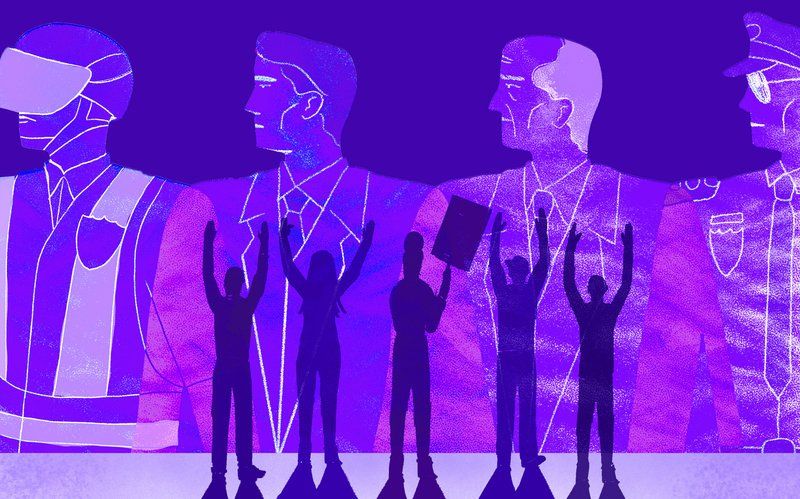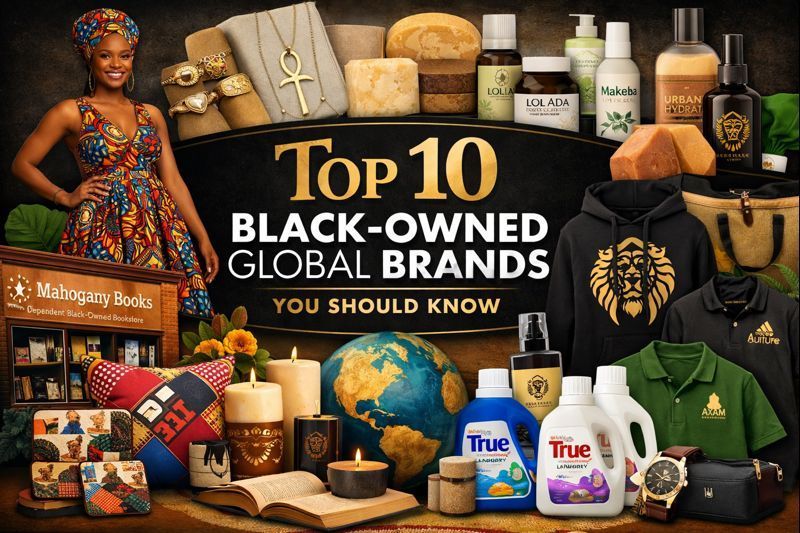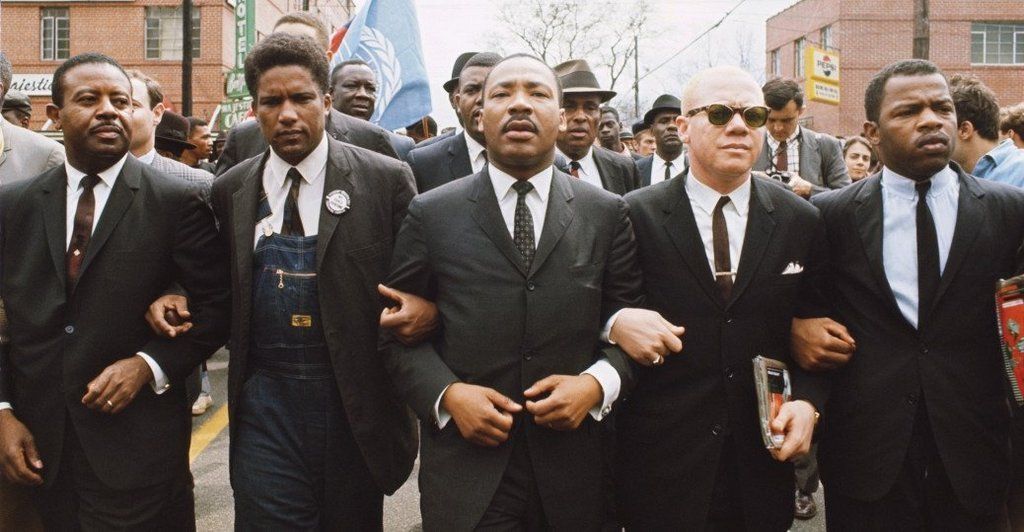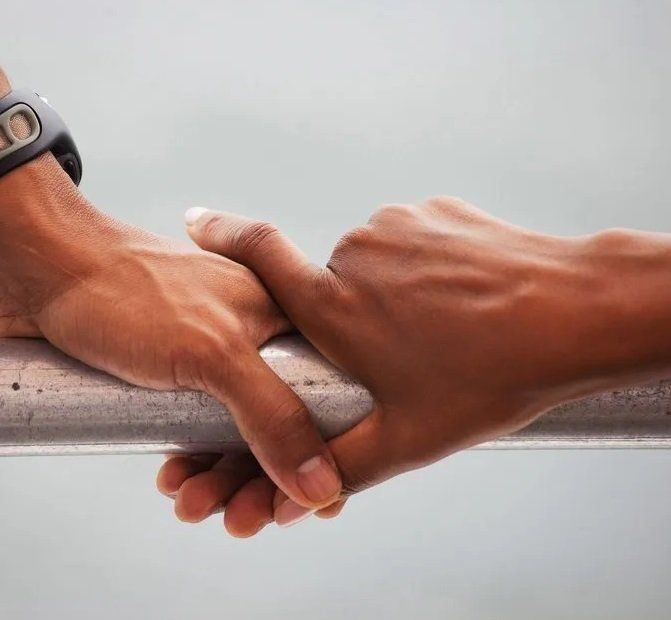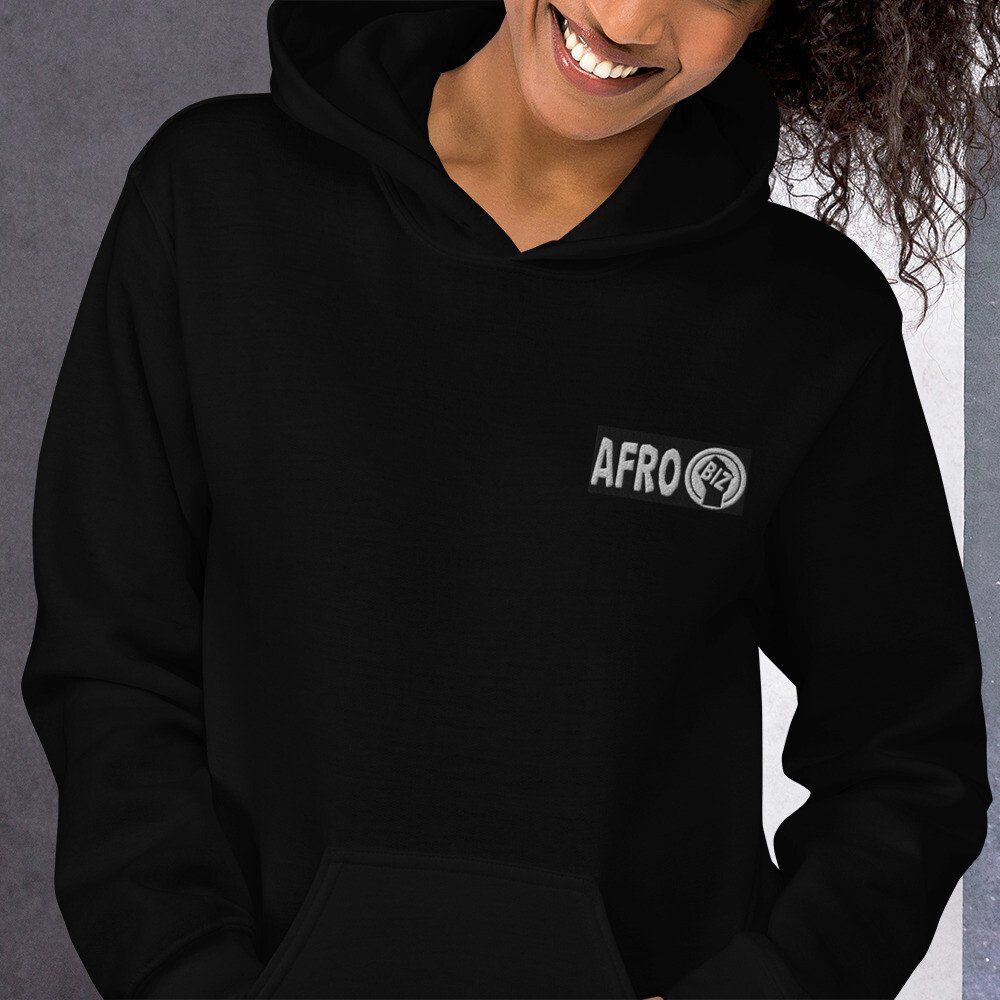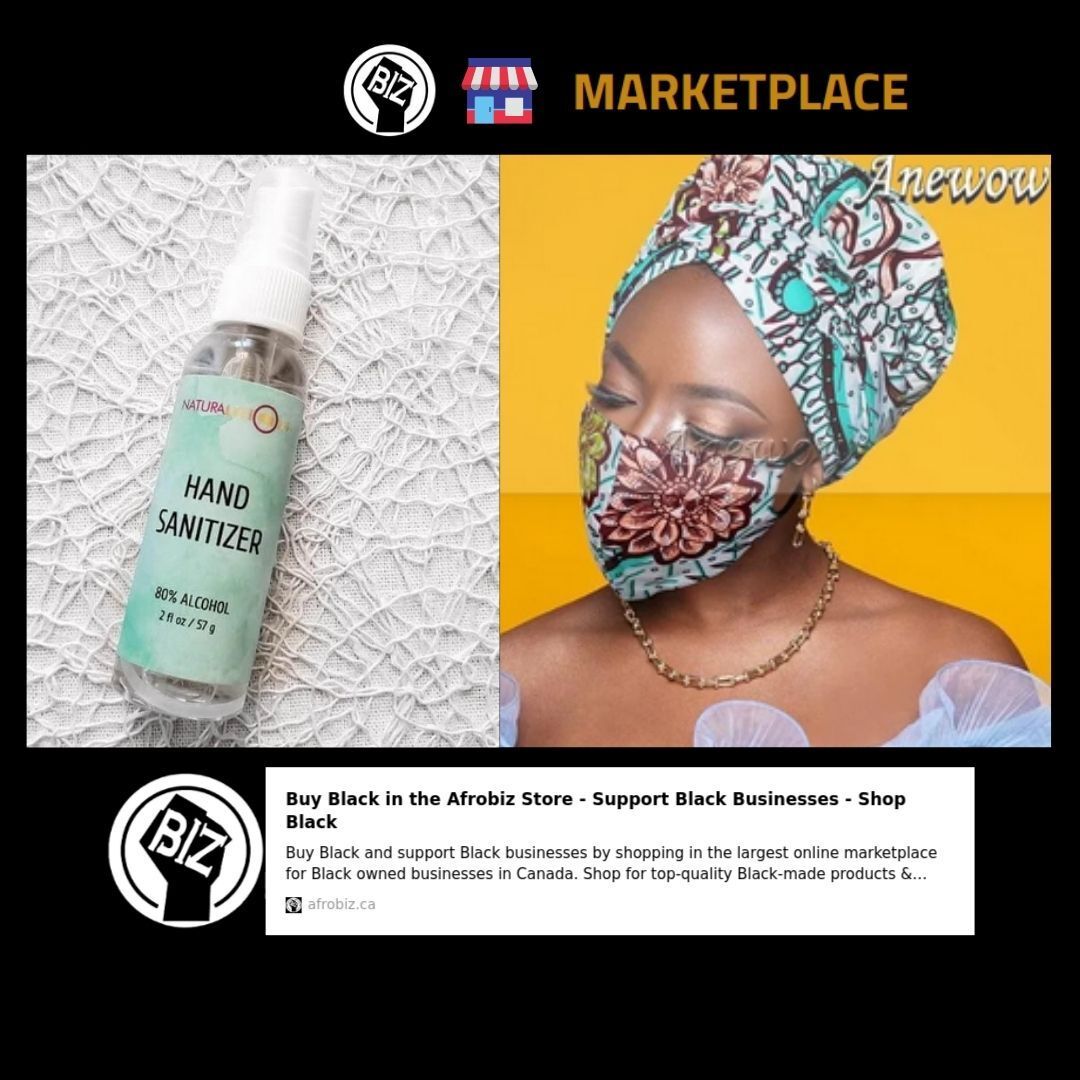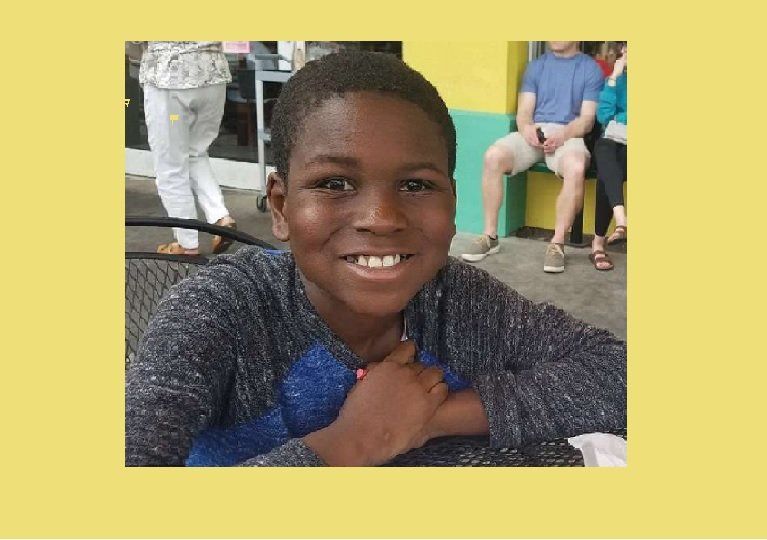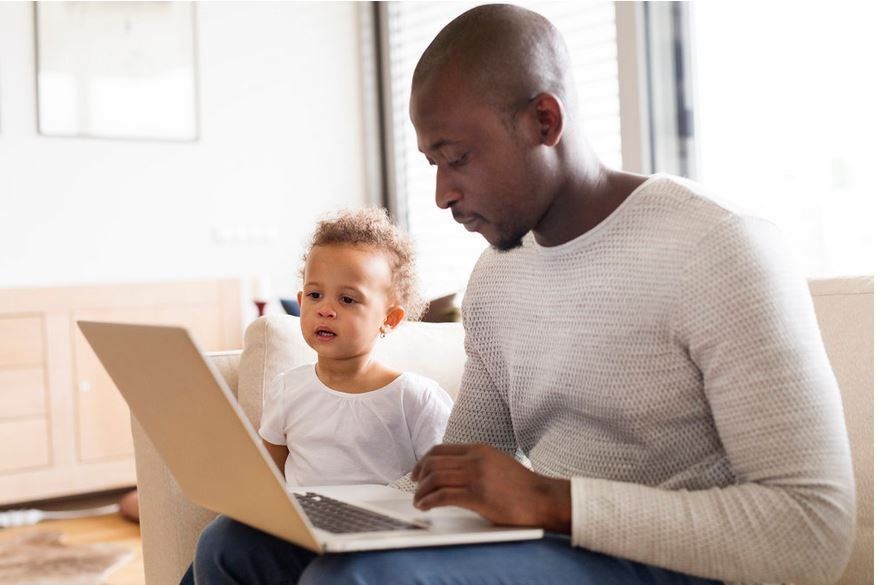When Civility Is Used As A Cudgel Against People Of Color
The value of civility is one of the few things Americans can all agree on — right? That's the common assumption. And yet it's an assumption that depends on everyone thinking they're a full member of the community.
But what about when they aren't?
For many people of color in the United States, civility isn't so much social lubricant as it is a vehicle for containing them, preventing social mobility and preserving the status quo. The furious white pushback at integrating lunch counters in the 1960s wasn't about the grilled cheese sandwiches that sit-in protesters weren't going to be served — it was about their presumption that they could sit at the counter at all. As equals.
That fury is why Alabama Gov. George Wallace could proclaim, "Segregation now, segregation tomorrow and segregation forever!"
Even after passage of the Civil Rights Act and the Voting Rights Act, some white people were still pushing back against demands for equality from black and brown communities. James Forman, a principal organizer with the Student Nonviolent Coordinating Committee, had famously promised the people who wanted to go slow on integration that if blacks didn't have a seat at democracy's table soon, the entire table would be tossed.
A few years later, as the Black Power movement gathered steam, activist H. Rap Brown told black Americans that they could ignore laws that were never meant to include them. "We did not make the laws in this country," he insisted. "We are neither morally or legally confined to those laws. Those laws that keep them up keep us down!"
A "God-ordained" right to civilize others
Such laws and ordinances were designed to contain communities of color, says Gaye Theresa Johnson, who studies the intersection of civility and race at the University of California, Los Angeles. They allowed white citizens to, in effect, civilize people they considered less than.
And many assumed that this civilizing mission came from a higher authority. "It's always been a situation where people assume that civility is something that's sort of God ordained," Johnson says.
That belief would indicate that some people are innately civil, while others need to have civility taught to — or imposed upon — them. Johnson says this is part of the underlying rationale for the enslavement of Africans imported into America and the genocide of Native peoples.
"People of color don't get to orchestrate the terms of civility," she explains. "Instead, we're always responding to what civility is supposed to be."
So the relationship between alleged civilizers and the people they're "gifting" with civility, Johnson points out, is "inherently undemocratic, unequal and racist." (Think of Native American children being forcibly removed from their homes and placed in so-called Indian boarding schools or Mexican children being punished for speaking Spanish in schools or African-Americans being forced to listen to sermons that preached that servants should obey their masters, etc.)
And so, pushing back against the status quo will be seen as inherently uncivil by the people who want to maintain it. And there are always higher standards expected of those people pushing back.
Rutgers professor Brittney Cooper writes about white reaction to black anger in her book Eloquent Rage: A Black Feminist Discovers Her Superpower. Since the Black Lives Matter movement blossomed, Cooper says, the mere fact that blacks are protesting affects how white society sees those protests.
"Black anger, black rage, black distress over injustice is seen as, one, unreasonable and outsized; and, two, as a thing that must be neutralized and contained quickly." Cooper says this often takes the form of whites "preaching at black people about how they're bad and how they're ungrateful for being angry."
Opening eyes and ears
Former President Bill Clinton illustrated this during a Philadelphia campaign event for his wife, Hillary, in 2016.
As he talked about the ways in which the criminal justice system has evolved in recent years, his recitation was challenged by Black Lives Matter activists. "I listened to them," he told the Hillary Clinton supporters, "and they don't wanna listen to me."
He turned to his challengers and shook his finger at them: "You will never learn anything when you're talking." He was, in effect, telling them they were being uncivil.
But sometimes being uncivil is what gets the job done. Back in the late 1980s, many AIDS activists decided that the only way the country was going to become concerned about the growing human toll that HIV was claiming was to cause disruption.
Steven Petrow writes a column for The Washington Post on LGBT issues called Civilities. Back then, he says, most of the country had to be shocked into caring about AIDS — and trying to find a treatment for it.
A group of AIDS activists called ACT UP, which was dedicated to aggressively pressing for more research and services, infuriated a lot of people whose lives were disrupted by their demonstrations. But, Petrow says, something had to happen: "People were dying. The FDA was doing nothing. The Reagan White House had said nothing about AIDS well into the president's second term. So, yes, that urgency justified that type of action."
Students who are in the country illegally have used the same tactics to press for extension of the Deferred Action for Childhood Arrivals, or DACA, program. In the past few years, marches and protests have raised awareness about the students often referred to as Dreamers.
San Francisco 49ers quarterback Colin Kaepernick's decision to kneel during the national anthem enraged many people — including President Trump. The upward spiral of unarmed black people (mostly men) who have been killed by (mostly) white policemen was unacceptable to the NFL star. He chose to kneel to bring attention to it, and that, says Harvard Law School professor Randall Kennedy, made a lot of the white public furious.
Daring to challenge society
"The idea that these athletes were addressing themselves to a burning political issue — that in and of itself made people mad," Kennedy says.
Kaepernick and other athletes who have chosen to protest social issues are angering people who believe they have strayed from their appointed place as athletes, Kennedy argues. These people want a ballgame, not a lecture — even a silent one.
But, Kennedy adds, by kneeling silently, Kaepernick was acting in the same dignified way civil rights demonstrators did in the 1960s: Students sitting quietly at lunchroom counters until they were dragged away, matrons shoved into police wagons, children being fire-hosed: All were quietly resisting what they believed was a societal wrong.
Kaepernick, Kennedy says, "was very vulnerable, and despite his vulnerability, he stood up in kneeling down. And I think in history he will go down as a hero."
As with so much, time changes things. Those students who had to be pulled away from lunch counters throughout the South were vilified back then. Today, many are considered heroes for their civil disobedience.
SOURCE: http://ow.ly/SgaE30o9EMI
